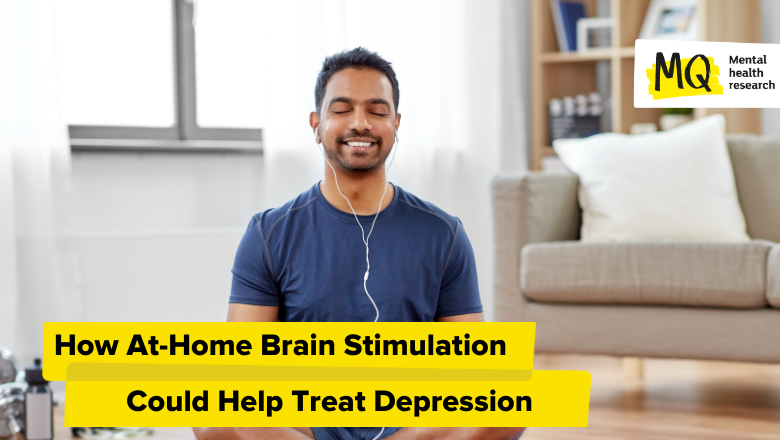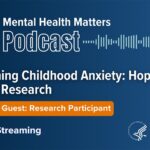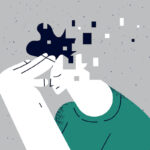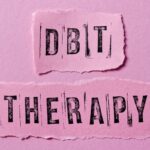A groundbreaking study recently published in Nature Medicine has highlighted the promising role of transcranial direct current stimulation (tDCS) as a safe and effective method for treating depression in the comfort of one’s home. Conducted by a collaborative team from UTHealth Houston, King’s College London, and the University of East London, this research emphasized the potential of self-administered, home-based tDCS as a viable alternative to conventional clinical treatments for various mood disorders.
The clinical trial encompassed 174 adults suffering from moderate to severe depression. Participants were randomly assigned to either an active treatment group or a placebo group. Over a span of 10 weeks, those in the active treatment group exhibited remarkable improvements, with their response and remission rates being three times higher compared to the placebo group. This significant outcome underscores the effectiveness of tDCS as a new approach to mental health treatment.
“The results from this study…may represent an important advance in the mood disorders field for improving feasibility and therapeutic response with this new neuromodulation modality,”
noted Rodrigo Machado-Vieira from UTHealth Houston. This statement reflects the optimism surrounding tDCS as a transformative intervention in the landscape of mental health care.
The research positions tDCS as a potential first-line treatment option, especially for individuals struggling with the adverse effects associated with traditional antidepressant medications. “Our study has demonstrated that tDCS is a potential first-line option that could help those in need,” remarked Cynthia Fu of King’s College London. The device achieved a remission rate of nearly 45% in the active treatment group, a stark contrast to just over 21% in those receiving the placebo.
Rachel Woodham, the first author of the study, emphasized the device’s potential as a practical alternative to conventional medications and therapies, which often come with significant drawbacks. “Our hope is that tDCS can provide a viable third alternative for people with moderate to severe depression to help them better manage their symptoms,” she expressed. Daniel Månsson, chief clinical officer of Flow Neuroscience, the organization that funded the study, further elaborated on their commitment, stating,
“Our core mission was, and still is, to create a treatment that is effective, safe, and accessible to as many people as possible.”
The findings of this study present a beacon of hope, suggesting that home-based tDCS could soon emerge as an innovative and accessible treatment option for individuals grappling with mood disorders. “The study results bring promise that an innovative treatment modality may become available for patients suffering from mood disorders some time in the near future,” stated co-lead investigator Jair Soares of UTHealth Houston, highlighting the forward momentum in mental health treatment options.
!function(f,b,e,v,n,t,s)
if(f.fbq)return;n=f.fbq=function()n.callMethod?
n.callMethod.apply(n,arguments):n.queue.push(arguments);
if(!f._fbq)f._fbq=n;n.push=n;n.loaded=!0;n.version=’2.0′;
n.queue=[];t=b.createElement(e);t.async=!0;
t.src=v;s=b.getElementsByTagName(e)[0];
s.parentNode.insertBefore(t,s)(window, document,’script’,
‘https://connect.facebook.net/en_US/fbevents.js’);
fbq(‘init’, ‘177421805922935’);
fbq(‘track’, ‘PageView’);

















